
Catholic Doctrine is always in line with Scripture. And always makes sense.
Friday, January 17, 2014
The Crucifix
Consider the crucifix. A crucifix is a cross depicting Christ crucified. Many people chastise the Catholic Church for having a crucifix. They claim that Christ is no longer on the cross, therefore, in their opinion, correction no longer be depicted on the cross.
But the Catholic Church does not obey the wisdom of man, the Catholic Church obeys the wisdom of God. And the wisdom of God teaches us to preach Christ crucified unto the Jews a stumbling block and unto the Greeks foolishness but we will continue to preach Christ crucified to the end of time (1 Corinthians 1:23).
And so, Catholic doctrine all makes sense.
Consider the crucifix. A crucifix is a cross depicting Christ crucified. Many people chastise the Catholic Church for having a crucifix. They claim that Christ is no longer on the cross, therefore, in their opinion, correction no longer be depicted on the cross.
But the Catholic Church does not obey the wisdom of man, the Catholic Church obeys the wisdom of God. And the wisdom of God teaches us to preach Christ crucified unto the Jews a stumbling block and unto the Greeks foolishness but we will continue to preach Christ crucified to the end of time (1 Corinthians 1:23).
And so, Catholic doctrine all makes sense.
Scripture and Tradition
Consider Scripture and Tradition. In another post I mentioned how Catholic Tradition is the basis of the New Testament (CCC #83). Here's another example of how difficult it is to understand the New Testament without a solid foundation in Catholic Tradition. Hebrews 13:17:
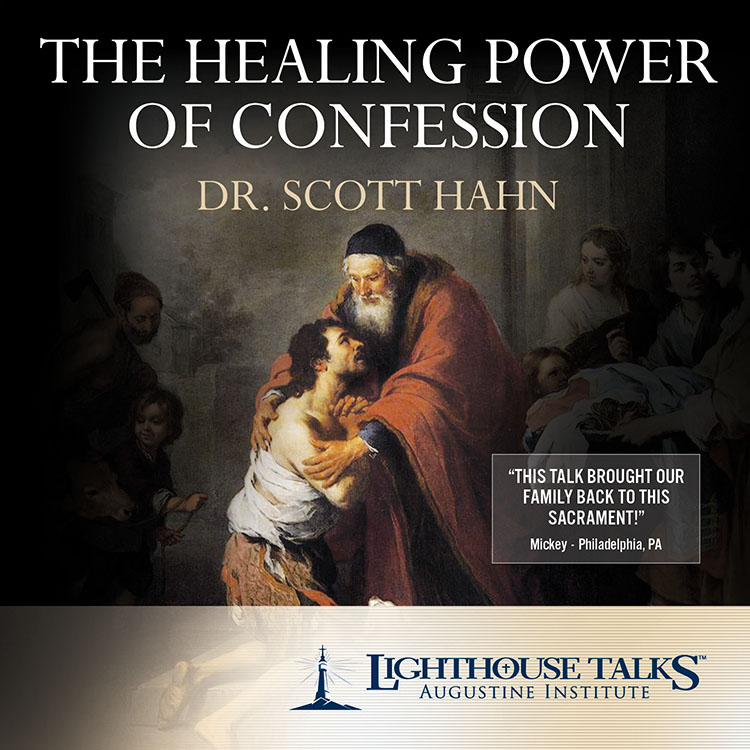
Hebrews 13:17
King James Version (KJV)
17 Obey them that have the rule over you, and submit yourselves: for they watch for your souls, as they that must give account, that they may do it with joy, and not with grief: for that is unprofitable for you.
Protestants and anyone else who relies upon Scripture alone to understand this verse, will be baffled. They revile the idea that we should submit to a priest or that we should permit a man to be responsible for our sins.
But what devout Catholic doesn't recognize in this verse the Sacrament of Confession? How can our priests account for our souls if we don't report to them our sins and our contrition? Do we not submit to our priests when we go into the confessional? Do we not obey our priests when they give us the remedy or penance we must accomplish in order to fulfill the requirements of a good confession?
And again, what devout Catholic doesn't recognize here the Priesthood? Do we not submit to and obey our priests? Do they not account for our souls?
Therefore, the Church teaches that we keep Scripture and Tradition.

Hebrews 13:17
King James Version (KJV)
17 Obey them that have the rule over you, and submit yourselves: for they watch for your souls, as they that must give account, that they may do it with joy, and not with grief: for that is unprofitable for you.
Protestants and anyone else who relies upon Scripture alone to understand this verse, will be baffled. They revile the idea that we should submit to a priest or that we should permit a man to be responsible for our sins.
But what devout Catholic doesn't recognize in this verse the Sacrament of Confession? How can our priests account for our souls if we don't report to them our sins and our contrition? Do we not submit to our priests when we go into the confessional? Do we not obey our priests when they give us the remedy or penance we must accomplish in order to fulfill the requirements of a good confession?
And again, what devout Catholic doesn't recognize here the Priesthood? Do we not submit to and obey our priests? Do they not account for our souls?
Therefore, the Church teaches that we keep Scripture and Tradition.
The Mass
Consider the Mass. The Catholic Church teaches it is a mortal sin to miss the Mass (CCC #2180 and 2181). Why is that?
St. Paul also explains it very well in Hebrews 10:25-31:
King James Version (KJV)
25 Not forsaking the assembling of ourselves together, as the manner of some is; but exhorting one another: and so much the more, as ye see the day approaching. 26 For if we sin wilfully after that we have received the knowledge of the truth, there remaineth no more sacrifice for sins, 27 But a certain fearful looking for of judgment and fiery indignation, which shall devour the adversaries. 28 He that despised Moses' law died without mercy under two or three witnesses: 29 Of how much sorer punishment, suppose ye, shall he be thought worthy, who hath trodden under foot the Son of God, and hath counted the blood of the covenant, wherewith he was sanctified, an unholy thing, and hath done despite unto the Spirit of grace? 30 For we know him that hath said, Vengeance belongeth unto me, I will recompense, saith the Lord. And again, The Lord shall judge his people. 31 It is a fearful thing to fall into the hands of the living God.
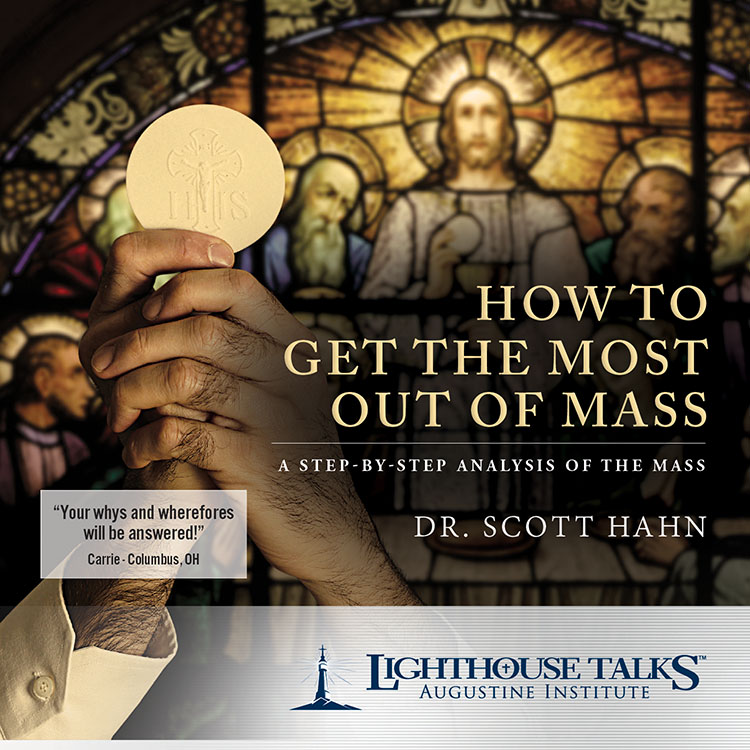
Read it carefully, because it just makes sense. These words bring it home to me.
Of how much sorer punishment, suppose ye, shall he be thought worthy, who hath trodden under foot the Son of God, and hath counted the blood of the covenant, wherewith he was sanctified, an unholy thing, and hath done despite unto the Spirit of grace?
God sacrificed His Son for us upon the Cross. And all that He asks is that we remember Him once a week for an hour. But how many people would rather watch a football game or attend a party?
If a person isn't grateful enough nor love Jesus enough to go to Mass at a minimum of one hour a week, that person is making a mockery of the sacrifice of Jesus Christ upon the Cross. How then should God respond to that person? Read verse 31: It is a fearful thing to fall into the hands of the living God.
The Sacraments
Consider the sacraments. Frequently, I used to wonder what is the advantage of a Catholic. After all, the Catholic Church teaches that God wills all men to be saved• and come the knowledge of truth (CCC #851).
If then, all of them can be saved, what is the advantage of being a Catholic? In one word, the sacraments. It is the sacraments which make the vital difference between the Catholic Church (and the ancient sacramental Christian churches) and every other religion including the Jews and Protestants.
God's salvation plan began with the Jews. So let me begin my explanation there as well. In the Jewish religion, there were animal sacrifices. These animal sacrifices were annulled and replaced in the New Testament by the one sacrifice of our Lord Jesus Christ upon the cross.
This one sacrifice is directly tied to the holy Eucharist. This is well known and understood throughout Christendom. What is less well known, is that the piercing of the lance in the side of Christ is directly tied to the rest of the sacraments. In the piercing of the lance the blood and water which poured out signifies the grace which Jesus Christ pours out to us through the sacraments. Therefore all the sacraments tieback to the cross.
And the sacraments, the fruit of the cross, the fruit of the one sacrifice of Christ, replace the animal sacrifices of the Old Testament.
So the one sacrifice of Christ replaced the animal sacrifices of the Old Testament. And the one sacrifice of Christ truly washes away sin by the vehicle of the sacraments. That is why our sins are washed away in baptism, confession, anointing, and less well known but in all the sacraments are venial sins are washed away.
Further, the sacraments are the doorway into heaven. Once we are baptized we are saved. Not ultimately, but when we are baptized we walk amongst the spirits of men made perfect on Mount Zion. And so, we do not have to wait for the judgment. And that is unlike anybody else. Although we will also stand before Jesus Christ at the judgment seat, those who have he lived according to his word will have already been judged when they receive the sacraments.
And so this is a great advantage over every other religion. Whether it be the Jews, the Protestants, or any non-Christian religions. Judgment begins with the house of God in the sacraments.
This one sacrifice is directly tied to the holy Eucharist. This is well known and understood throughout Christendom. What is less well known, is that the piercing of the lance in the side of Christ is directly tied to the rest of the sacraments. In the piercing of the lance the blood and water which poured out signifies the grace which Jesus Christ pours out to us through the sacraments. Therefore all the sacraments tieback to the cross.
And the sacraments, the fruit of the cross, the fruit of the one sacrifice of Christ, replace the animal sacrifices of the Old Testament.
So the one sacrifice of Christ replaced the animal sacrifices of the Old Testament. And the one sacrifice of Christ truly washes away sin by the vehicle of the sacraments. That is why our sins are washed away in baptism, confession, anointing, and less well known but in all the sacraments are venial sins are washed away.
Further, the sacraments are the doorway into heaven. Once we are baptized we are saved. Not ultimately, but when we are baptized we walk amongst the spirits of men made perfect on Mount Zion. And so, we do not have to wait for the judgment. And that is unlike anybody else. Although we will also stand before Jesus Christ at the judgment seat, those who have he lived according to his word will have already been judged when they receive the sacraments.
And so this is a great advantage over every other religion. Whether it be the Jews, the Protestants, or any non-Christian religions. Judgment begins with the house of God in the sacraments.
Hold Tradition
It just makes sense. Catholic doctrine just makes sense.
Consider the fact that the Catholic Church teaches us to hold tradition (CCC #113 – 2). Many others have discarded the traditions of the church and focused on Scripture. In so doing, they have discarded the context and culture within which Scripture was written. The Scripture I am talking about is the New Testament.

Scripture itself attests to the fact that Jesus Christ did not write any Scripture. He established the church and commanded the church to teach his traditions to the world. The church then wrote the New Testament based upon the traditions which Jesus Christ established. Therefore, anyone wishing to understand the New Testament must first understand the traditions which are the basis of the New Testament.
Let me give you one example. St. Paul speaks of several doctrines in this verse:
Of the doctrine of baptisms, and of laying on of hands, and of resurrection of the dead, and of eternal judgment.
Everyone knows that the doctrine of the laying on of hands is the sacrament of the priesthood. Everyone knows of the doctrine of the resurrection of the dead at the end of time. And of the doctrine of eternal judgment to either heaven or hell. So what is the doctrine of baptisms?
Unless you know about the doctrine of the seven sacraments wherein the Holy Spirit washes us with an outpouring of grace, you won't understand that language. In saying, "doctrine of baptisms", St. Paul succinctly describes the doctrine of the "seven sacraments". Every sacrament can be described as a baptism.
Therefore, unless you understand the traditions (i.e. doctrines) of the Catholic Church it will be very difficult for you to understand the New Testament.
It just makes sense. Catholic doctrine just makes sense.
Consider the fact that the Catholic Church teaches us to hold tradition (CCC #113 – 2). Many others have discarded the traditions of the church and focused on Scripture. In so doing, they have discarded the context and culture within which Scripture was written. The Scripture I am talking about is the New Testament.

Scripture itself attests to the fact that Jesus Christ did not write any Scripture. He established the church and commanded the church to teach his traditions to the world. The church then wrote the New Testament based upon the traditions which Jesus Christ established. Therefore, anyone wishing to understand the New Testament must first understand the traditions which are the basis of the New Testament.
Let me give you one example. St. Paul speaks of several doctrines in this verse:
Of the doctrine of baptisms, and of laying on of hands, and of resurrection of the dead, and of eternal judgment.
Everyone knows that the doctrine of the laying on of hands is the sacrament of the priesthood. Everyone knows of the doctrine of the resurrection of the dead at the end of time. And of the doctrine of eternal judgment to either heaven or hell. So what is the doctrine of baptisms?
Unless you know about the doctrine of the seven sacraments wherein the Holy Spirit washes us with an outpouring of grace, you won't understand that language. In saying, "doctrine of baptisms", St. Paul succinctly describes the doctrine of the "seven sacraments". Every sacrament can be described as a baptism.
Therefore, unless you understand the traditions (i.e. doctrines) of the Catholic Church it will be very difficult for you to understand the New Testament.
The Atonement
It just makes sense. Catholic doctrine just makes sense.
Consider the Atonement. Atonement means to repay or to repair. Here's a definition from Google:
a·tone·ment
əˈtōnmənt/Submit
noun
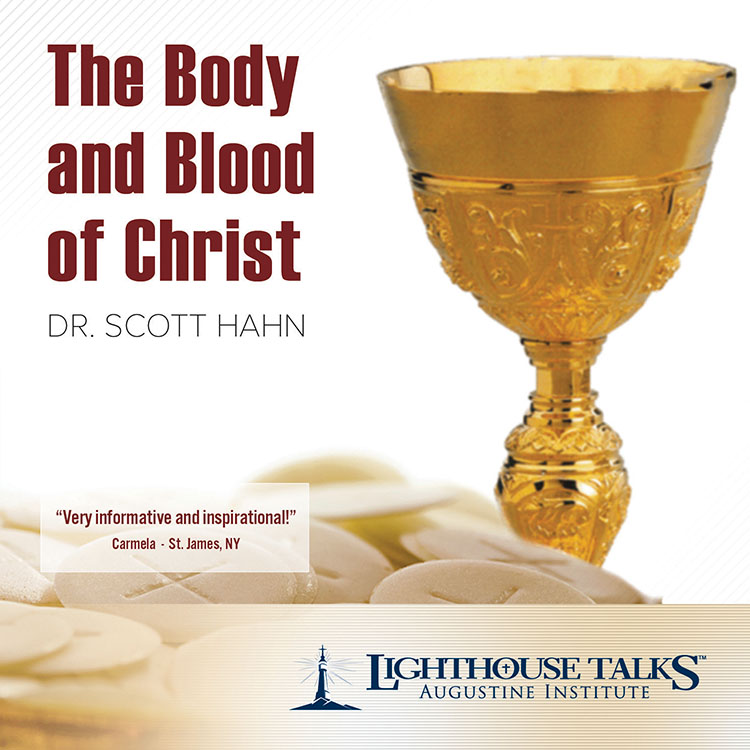
1.reparation for a wrong or injury.
"she wanted to make atonement for her husband's behavior"
That, in essence is the Catholic doctrine. The Catholic Church teaches that Jesus Christ died to make reparation for our sins. He offered himself as a sacrifice to the Father. His sacrifice was of eternal value. By his sacrifice he redeemed all of mankind.
Some say however, that Jesus death was the punishment imposed upon them by God the Father.. This is wrong because it would be in error to call it atonement. Atonement is a voluntary offering to make repayment. Inflicting the punishment in order to obtain repayment is totally different and violates the spirit of the word. They could no longer be considered atonement but RETRIBUTION.
Yes sir, Catholic doctrine all makes sense.
Confession once a year
For instance, if you have not committed mortal sin you don't need to go to the sacrament of confession but once a year. (CCC #1457) Why is that?
Well, that's because venial sin is forgiven in the Confiteor. The Confiteor is the prayer that we pray together at the beginning of Mass. The one that starts out, "I confess to Almighty God, to blessed Mary ever Virgin…." It is a public confession in the presence of a priest.

If you happen to be late to Mass and miss the Confiteor, your venial sins are forgiven when you take communion.
And so, it isn't necessary for a faithful Catholic to go to the sacrament of confession more than once a year unless he has a mortal sin on his soul.
However, the sacrament of confession is recommended as frequently as possible because it is an outpouring of God's grace, a gift, a participation in God's life. Why would we want to minimize that? We should want that as often as we can get.
Yes sir, Catholic doctrine all makes sense.

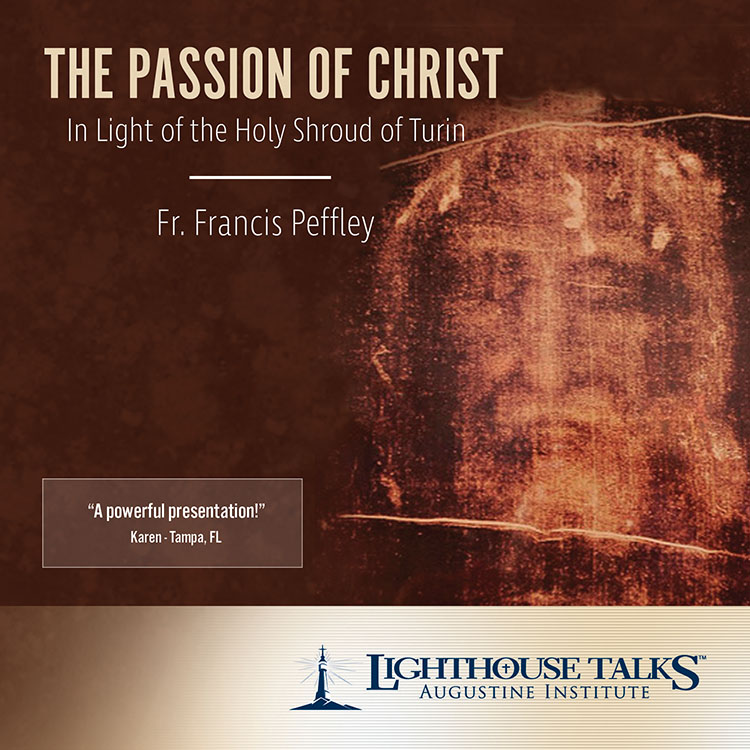
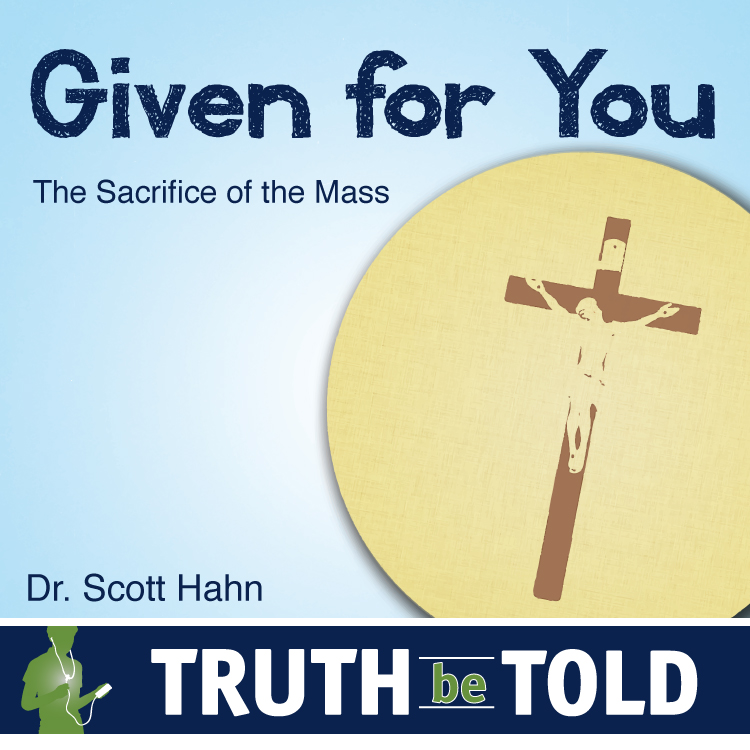
No comments:
Post a Comment
Thanks for contributing.